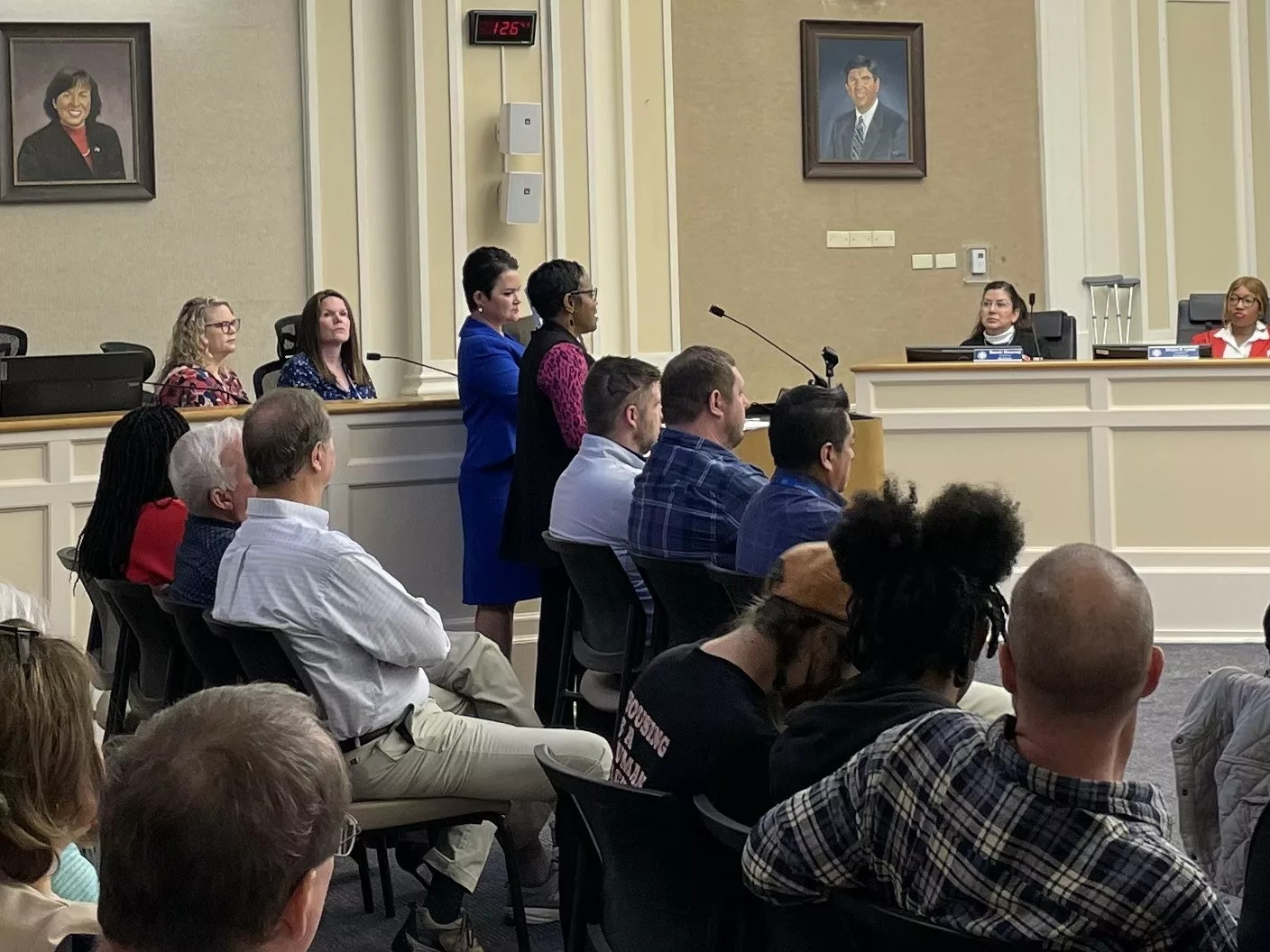Lexington officials get progress report on Juvenile treatment court

WEKU | By Stu Johnson
The Fayette Juvenile Treatment Court has been in operation for more than a year now. Fayette District Judge Melissa Moore Murphy told Lexington Council members last week the program focuses on overall wellness with an emphasis on mental health. Council Member Denise Gray spoke about Chris, the first graduate of the program and what it meant to him.
“He wants to reach people who are just like him..who didn’t know that they were worthy and they could live…live a life that was quote unquote normal. So this program right here saves,” said Gray.
The Juvenile Treatment Court program includes four phases. District Judge Lindsay Hughes Thurston says each phase includes an individual participant plan. Progress is measured through no new charges and random drug screening. Program Coordinator Kivvi Figgs said 44 juveniles had been referred to the treatment court with 25 accepted and two graduates thus far. She said there are 11 people currently in the program. Figgs said parents of participants report good and bad things in a supportive role.
“They have to report that their kids aren’t doing things and that’s not an easy thing to do as a parent to sit and tell the judges or myself that your kids may not be following rules, but our parents have been good. They’re supportive. They call, all hours of the night and stuff,” said Figgs.
Judge Murphy said a key component is making sure the juveniles are accountable for their actions. Council members discussed providing more funding support of ankle monitoring.
WEKU is working hard to be a leading source for public service, fact-based journalism. Monthly sustaining donors are the top source of funding for this growing nonprofit news organization. Please join others in your community who support WEKU by making your donation
Republished with permission.
Photo: Left to right at podium-District Judge Lindsay Hughes Thurston-Program Coordinator Kivvi Figgs. (Stu Johnson)
Recommended Posts

Trump again says U.S. is a ‘garbage can for the rest of the world’ in anti-immigrant tirade
Fri, October 25, 2024

Millions of Americans flock to early voting, in person and via mail
Fri, October 25, 2024

Prescribed burn planned on portion of Taylorsville Lake Wildlife Management Area
Fri, October 25, 2024